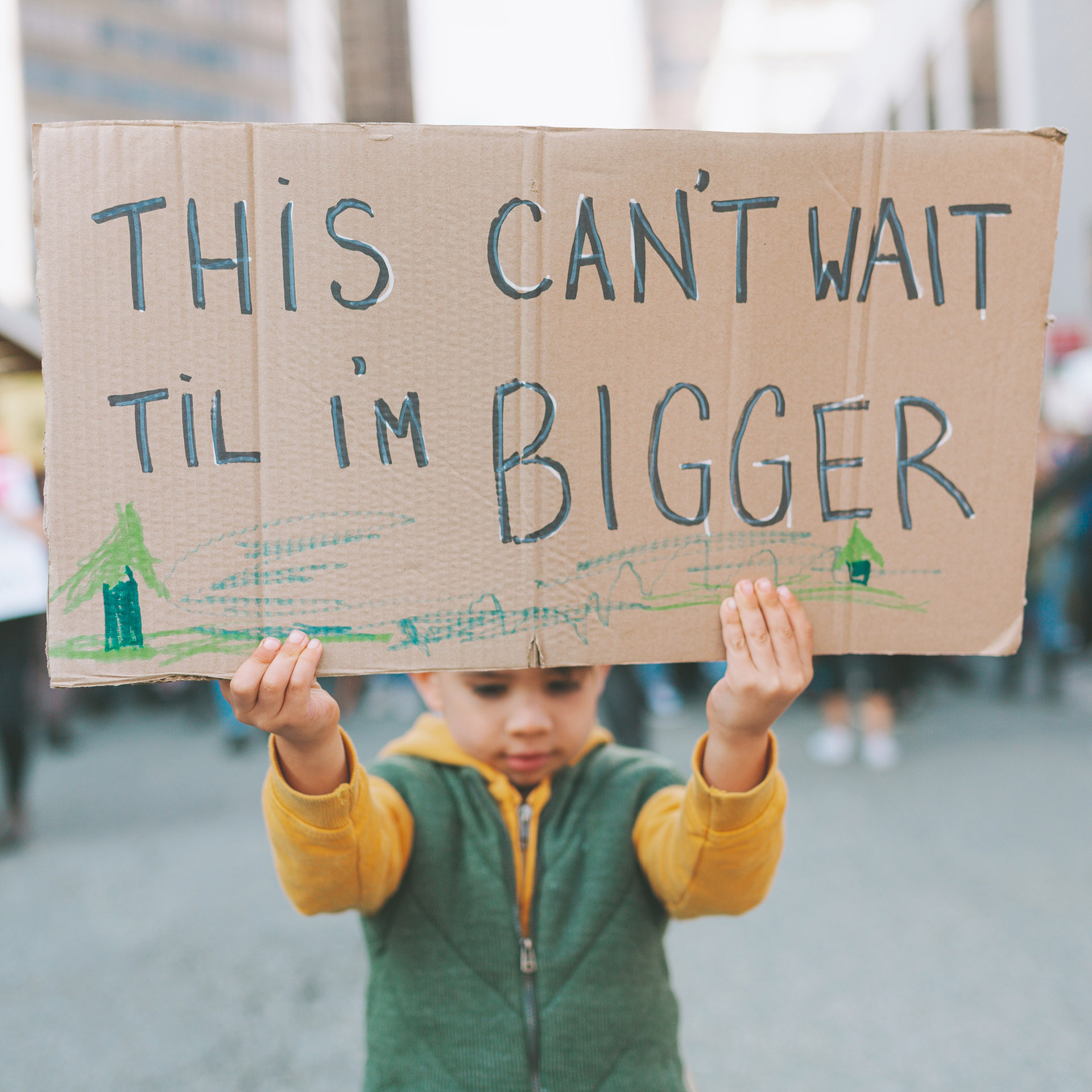With Earth Day just behind us… perhaps a look at history will inspire action in all of us.
In 64 A.D. the city of Rome, centre of the Roman Empire, burned for six days and nights. By the time the fire was over, two thirds of Rome—ten of its fourteen districts—were destroyed. One of the stories that arose about the disaster was that the Emperor Nero watched the city burn while playing his fiddle on a private stage in his palace.
In 2023 A.D. the world is burning. The recent report of the International Panel on Climate Change (IPCC), a summary report that was six or seven years in the making before release early in March, is clear. The world has to act immediately if the worst consequences of the climate crisis—a steady rise in global temperatures—are to be avoided.
Meanwhile, the world’s leaders are fiddling. The report indicates that the current response to the threats of climate change are simply inadequate, this in spite of its conclusion that the ability to reduce emissions, the tools to do so, are now readily available. As Marta Rivera-Ferre, a scientist with INGENIO, notes, “We could achieve 1.5 degrees Celsius if we wanted. It is the political conditions that make this not possible.” Or, as Gretha Thunberg has noted on several occasions, it’s the “blah, blah, blah.”
What actions are needed? The end of subsidies to oil and gas companies—in fact, a complete end to oil and gas exploration. In addition, in order to reduce emissions by 50-60% by 2035—Note: NOT by 2040 or 2050 anymore; the new deadline is 2035, just 12 years from now—rapid decreases in emissions must occur through immediate transitions to electric vehicles and to alternate (electric) heating and cooling in buildings, accompanied by rapid transition to green energy generation (wind, solar, hydrogen, geothermal, tidal, etc.). These changes must be further accompanied by protection and restoring of natural carbon sinks—forests, grasslands, wetlands around the world, and the oceans themselves.
Thirty-nine scientists combined to write this summary report. The report itself is based on the observations and work of thousands of scientists around the world. There is no longer ANY debate that the rising temperatures in our atmosphere and in our oceans are the result of human activity. Scientists are also generally united in saying that we HAVE the tools we need—right now—to take the actions needed to prevent the catastrophic consequences of a continued temperature rise to 2, 3 or even 4 degrees Celsius above pre-industrial levels.
The goal has been to limit the rise to 1.5 degrees Celsius above pre-industrial temperatures (that is, average temperatures in the period 1750-1800 AD). We are currently at 1.1 degrees above this mark. The recent report indicates fading hope that we can limit the increase to 1.5 degrees, though some are holding out hope that, with immediate (italics ours) world-wide action, we could come close.
Contemplating temperatures rising above 2 degrees—to 3 or even 4 degrees by the year 2100—sees many parts of the world totally uninhabitable for humans. Drought, fires, floods and hurricane-like storms will devastate the remaining areas regularly throughout the year. Food production will be reduced. Hundreds of millions of people will be on the move.
The message is clear—and it has been clear for a decade or more. (The first words of alarm were actually raised in the 1990s.) Yet in spite of growing, clear evidence, little or no action has been taken. Worldwide emissions of carbon and other heat-trapping gases like methane reached a record high in 2021.
That’s right. They. Keep. Going. Up.
Meanwhile, the sound you hear from Washington, from London, from Beijing—and yes, from Ottawa and Toronto and other Canadian provincial capitals—is the sound of fiddling. Like Nero, our government leaders—especially those leaders of large, powerful countries but also those right here at home in our own province and country—are ignoring the fires (and floods) going on around them, even as those fires grow stronger, larger, hotter and consume more and more of the planet, threatening life everywhere—and particularly the lives of people of the future, today’s young people.
In contrast to those leaders, over 70% of today’s young people are worried about their futures—including those living right here in Orillia, going to our high schools and our elementary schools. Many feel abandoned by their parents and their parents’ friends and contemporaries—and especially by those elected by this “older generation.”
Ask yourself, dear reader, some questions. Have you spoken to your kids or your grandkids about how they are feeling? Is your family aware of the need for action? Are you and your friends talking about what must be done? Are your colleagues at work thinking and talking about what needs to change at work? Are your employers making plans to reduce emissions and looking at mitigation of the worst effects of the climate crisis on their businesses? Are YOU ready to join the movement, make your voice heard and vote for a sustainable future?
The year 2023 in Orillia is and will be the first year of the implementation of the city’s climate action plan—Orillia’s Climate Future. Are you ready for change? Will you be part of the change?
The IPCC report points out that actions being taken to date—by our country and others—are inadequate. They must be replaced by more aggressive actions—now! If our political leaders refuse to rise to the crisis and take real action, they must be held accountable—and replaced.
The future families of Orillia, of Ontario, of Canada—of the planet—are depending on us to act now. They are our responsibility. And time is running out.

